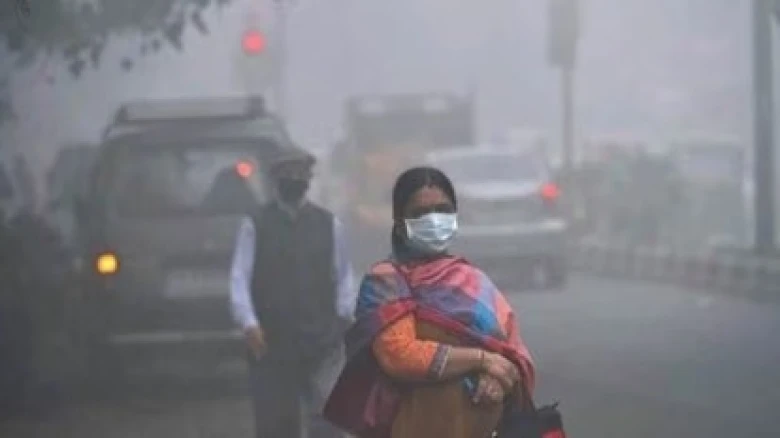Numerous infectious agents, including viruses, bacteria, and fungus, can cause it. Symptoms of the illness include fever, coughing, and breathing difficulties.
Digital Desk: Hazardous air pollution and smog are persistent problems in Delhi NCR and other comparable places. Not only are outside pollution levels rising, but interior air quality is also a grave concern and has played a major role in the startling rise in respiratory illnesses. This includes the development of serious dangers like pneumonia and the worsening of pre-existing illnesses.
One or both of the lungs' air sacs might become inflamed with pneumonia, a respiratory infection. Numerous infectious agents, including viruses, bacteria, and fungus, can cause it. Symptoms of the illness include fever, coughing, and breathing difficulties. Air pollution may be a contributing factor to pneumonia risk, in addition to age, compromised immune systems, and underlying medical disorders. This is supported by recent research.
HOW ARE PNEUMONIA AND AIR POLLUTION LEVELS LINKED?
- Particulate Matter (PM) And Pneumonia Risk: There is a correlation between a higher risk of pneumonia and elevated levels of PM, particularly tiny particles like PM2.5. These microscopic particles have the ability to enter the lungs deeply, which may allow infectious pathogens to enter and cause respiratory problems.
- Common air pollutants, such as ozone (O3) and nitrogen dioxide (NO2), have been linked to immune system impairment and respiratory inflammation. The respiratory system's defences may be weakened by prolonged exposure to these pollutants, increasing a person's risk of pneumonia and other respiratory illnesses.
- Air pollution and respiratory problems have been associated with volatile organic compounds (VOCs), which are released from a variety of sources. Pneumonia risk may rise as a result of some VOCs' interactions with other contaminants, which exacerbate the respiratory consequences of air pollution.
- Inflammation in the respiratory system caused by air pollution can weaken the body's defences against illnesses. Extended exposure to pollutants can also weaken an individual's immune system, increasing their susceptibility to respiratory illnesses, such as pneumonia.
- Pathogens may be transported deep into the respiratory system by airborne contaminants acting as carriers for them. As a result of pollutants serving as vectors for the entry of bacteria or viruses into the lungs, the transport mechanism raises the risk of infections and increases the risk of pneumonia.
The way that pollution impacts our breathing and increases our risk of diseases like pneumonia must be understood and addressed as we address the issues it causes. Our health and the health of others around us may both be better cared for in this way.

Leave A Comment